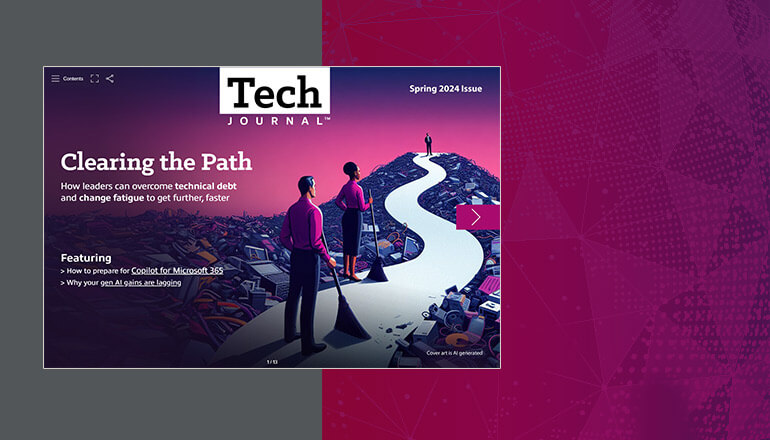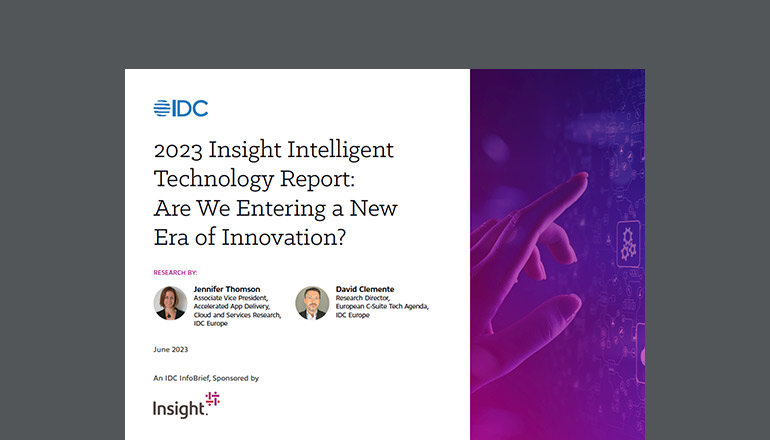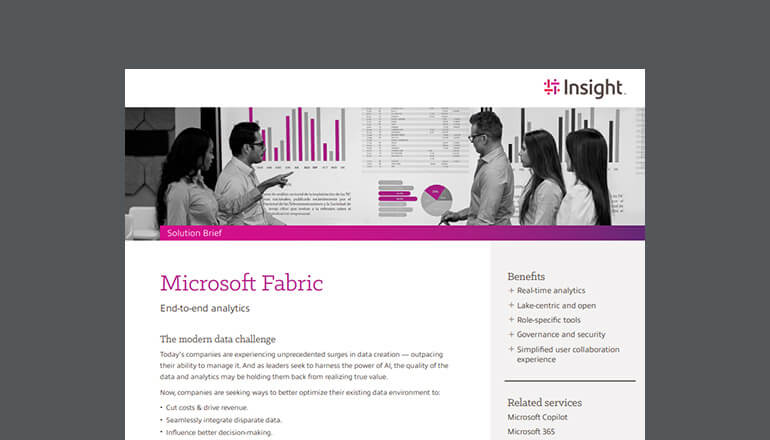The Rise of AI in Cybersecurity
Artificial Intelligence (AI) is rapidly evolving, but when it comes to cybersecurity, innovation can lead to advanced threats. With proactive measures, you can implement automated systems of your own to stop cyberattacks before they begin.
Let’s take a look at key AI concerns for cybersecurity, as well as advanced tools to thwart attack.
Intelligent attacks
- AI-driven malware
What’s more concerning than malware? Artificially intelligent malware. In the hands of hackers, AI-driven malware can infect devices faster than ever before, becoming harder to detect, targeting more victims and creating more convincing phishing attacks.
- Vulnerable applications
Weak application security creates an entry point for hackers to infiltrate. Cybercriminals use AI to hide malicious codes within applications, sometimes programing the attack to execute well after the app has been installed. Malicious codes can be present for years before they strike.
- Expanded attack surface
Through hybrid work, employees are spread across distant locations and often access the cloud on their personal devices. This widens the surface area for cyberattack. AI creates an even more evolved threat landscape, expanding what devices and machines can be used to infiltrate systems.
- Constant evolution
Artificial intelligence is always evolving. While the benefits include enhanced threat detection, there are two sides to that coin. Cybercriminals are constantly learning from existing AI tools to develop more advanced attacks and improve their malware. Security must constantly evolve as well.
- AI-driven malware
What’s more concerning than malware? Artificially intelligent malware. In the hands of hackers, AI-driven malware can infect devices faster than ever before, becoming harder to detect, targeting more victims and creating more convincing phishing attacks.
- Vulnerable applications
Weak application security creates an entry point for hackers to infiltrate. Cybercriminals use AI to hide malicious codes within applications, sometimes programing the attack to execute well after the app has been installed. Malicious codes can be present for years before they strike.
- Expanded attack surface
Through hybrid work, employees are spread across distant locations and often access the cloud on their personal devices. This widens the surface area for cyberattack. AI creates an even more evolved threat landscape, expanding what devices and machines can be used to infiltrate systems.
- Constant evolution
Artificial intelligence is always evolving. While the benefits include enhanced threat detection, there are two sides to that coin. Cybercriminals are constantly learning from existing AI tools to develop more advanced attacks and improve their malware. Security must constantly evolve as well.
Advanced threats require advanced security.
Automated software is vital to your cybersecurity. With our full catalog of enterprise security software, you’ll find solutions to protect every part of your IT environment, including:
- Endpoint security: Keep your organization’s devices safe from cyberthreats and malware — wherever your teams use them
- Email security: Unlock tools such as firewalls, encryption and filtering to make it harder for bad actors to gain entry to your internal systems.
- Application security: Minimize the risk of threats, breaches and code hijacking.
- Identity and access management: Enforce appropriate access to critical systems for your workforce and customers alike.
Employ sophisticated, automated systems of your own and make AI work for you, rather than against you.







